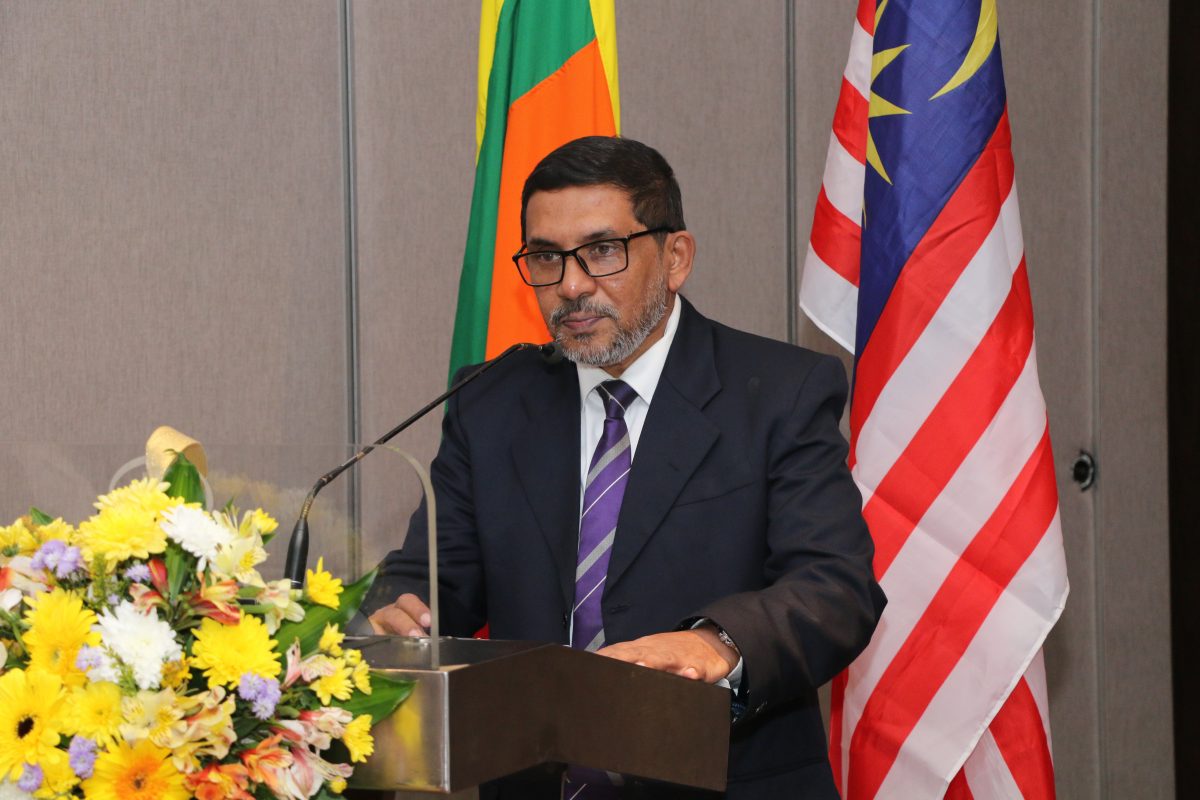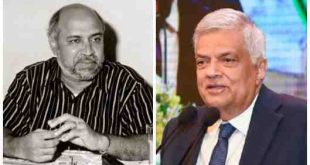IN NORMAL times a government sitting on $440 billion in foreign reserves would have few cares. Even in the present season of turmoil in the Middle East, Saudi Arabia is lucky. With the price of oil up by $10 a barrel since January, and the Saudis squirting out spare stuff to make up for the slump in Libya’s output, the world’s largest oil exporter is raking in a windfall. Feeling generous following his return in February after three months’ convalescence abroad, King Abdullah announced an extra $36 billion to be spent on welfare and public services.
Yet the Saudi stock market suggests that something is amiss. In the week to March 2nd its main index plunged by 14%. All but a couple of Saudi Arabia’s 11 close neighbors facing a degree of unrest, and those two, Qatar and the United Arab Emirates, have tiny native populations, proportionally even greater hoards of cash, and traditions of openness and tolerance that contrast starkly with Saudi Arabia.
The kingdom in the middle has largely avoided regional ills, bar Islamist radicalism. Despite a rigid, state-imposed conservatism that shuns any semblance of democracy, the aged leading princes, and the unsavory antics of lesser princes lording it over them, Saudi Arabia’s 25m inhabitants have rarely protested loudly. The few who have, in polite petitions or the odd display of anger, particularly by members of the oppressed Shia minority who number around 10%, have usually been coerced or co-opted by royal largesse into silence.
By allowing for a margin of free speech, personally responding to citizens’ appeals, upholding religious orthodoxy and keeping a grip on well-equipped and loyal security services, the ruling family has so far parried demands for real reform.
They may again succeed. It is hard to imagine a crowd of 1m pampered Saudis gathering in any of the kingdom’s sprawling cities to shout for their rights, as Egyptians have. It is even harder to imagine a Saudi king hunkered like Libya’s Muammar Qaddafi, ranting as his realm unravels.
Yet the Arab awakening is prompting the kingdom’s own malcontents to raise their voices. At least three petitions calling for radical political reform have recently circulated online. The most serious, signed by more than 1,500 prominent Saudis, including both liberals and Islamists, calls for 12 measures to turn the kingdom into constitutional monarchy, with powers balanced between an independent judiciary, an accountable executive and an elected parliament. A separate Facebook initiative has even called for Saudis to join a “day of rage” on March 11th, in emulation of the protest that sparked Egypt’s revolution.
Few expect a big turnout and few think the 87-year-old king will suddenly heed demands for change. Aside from blocking the petitioners’ websites, Saudi authorities have responded by arresting a Shia cleric who backed the call for a constitutional monarchy in his Friday sermon. The king’s huge package of extra aid, which included household-debt relief, bigger housing loans and a 15% raise for state workers, was a standard response to public pressure.
Yet this time those pressures may not so easily subside. Inspiring examples of people’s empowerment in neighboring countries are not the only reason. The increasing disconnect between Saudi subjects and their rulers, growing stresses in Saudi society, and troubles inside the ruling family all point to turbulence ahead.
Whereas 70% of Saudis are under the age of 30, and their medium age is 19, the Saudi cabinet Minister’s average age is 65. Some senior princes have held their jobs as ministers or provincial governors for decades; one has governed the Northern Borders Province since 1956. Whereas 40% of Saudi youths have no jobs and nearly half of those in work take home less than 3,000 riyals ($830) a month, every prince (of whom there are probably 7,000-8,000) gets a monthly stipend ranging from a few thousand dollars up to $250,000, according to an estimate in a WikiLeaks cable.
In forums where Saudis are able to express discontent, anger is rising. Out of 1,600 asked in a recent web poll to rate the credibility of statements by Saudi officials, 90% ticked “untrustworthy”. Asked what would come of a government inquiry into flooding that struck the kingdom’s second city, Jeddah, in January, killing ten, 85% said “nothing”. Skepticism was understandable, since an even deadlier wave of rainwater mixed with sewage engulfed the city last winter, prompting another investigation and promised cures. In a silent comment, Saudis exchanged a cartoon depicting the royal seal’s crossed swords over a palm tree as crossed mops over a bucket.
Explore our interactive map and guide to the Arab League countries
King Abdullah himself is fairly popular, but the brothers in line to succeed him, Crown Prince Sultan, at least 83 and said to be a victim of Alzheimer’s disease, and the long-serving interior minister, Prince Nayef, now 77 and said to be suffering from diabetes and osteoporosis, are not.
Even the king is no longer immune to criticism. The last of the petitioners’ 12 demands includes a pointed rebuke to him for lavishing the past few years’ record oil revenues on giant new cities and a new university costing $12 billion. Such funds, say the petitioners, have been squandered in “expensive, cost-ineffective projects”.
Source: The Economist
Post Disclaimer | Support Us
Support Us
The sailanmuslim.com web site entirely supported by individual donors and well wishers. If you regularly visit this site and wish to show your appreciation, or if you wish to see further development of sailanmuslim.com, please donate us
IMPORTANT : All content hosted on sailanmuslim.com is solely for non-commercial purposes and with the permission of original copyright holders. Any other use of the hosted content, such as for financial gain, requires express approval from the copyright owners.
 Sri lanka Muslims Web Portal Sri Lanka Muslims News Center
Sri lanka Muslims Web Portal Sri Lanka Muslims News Center



